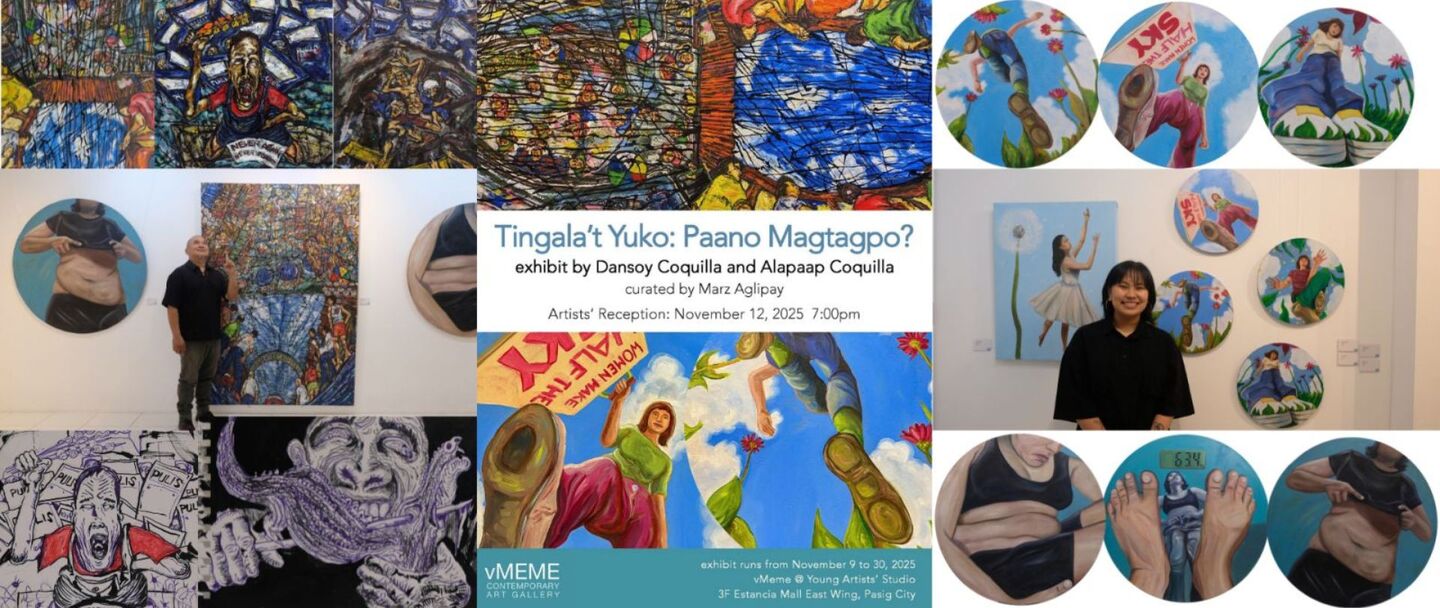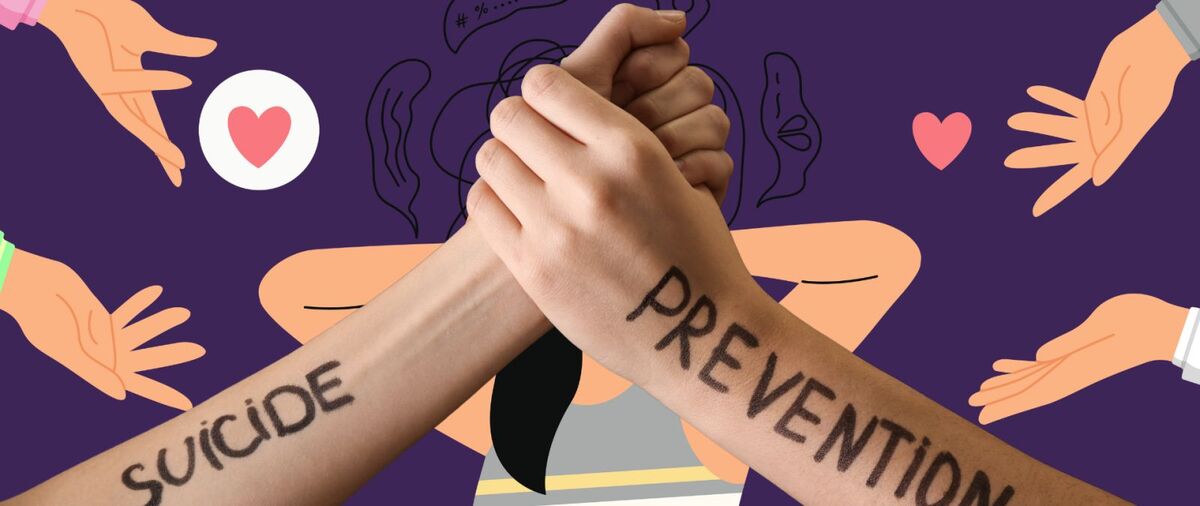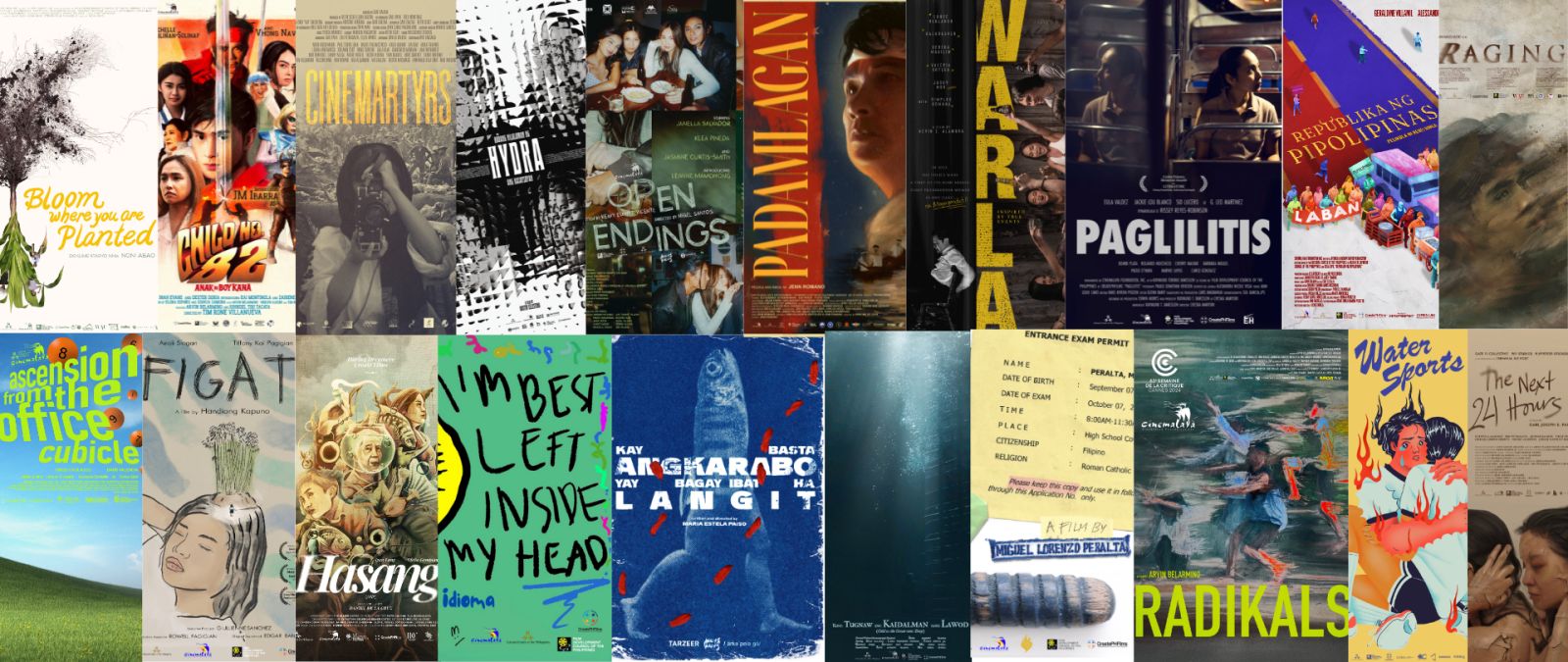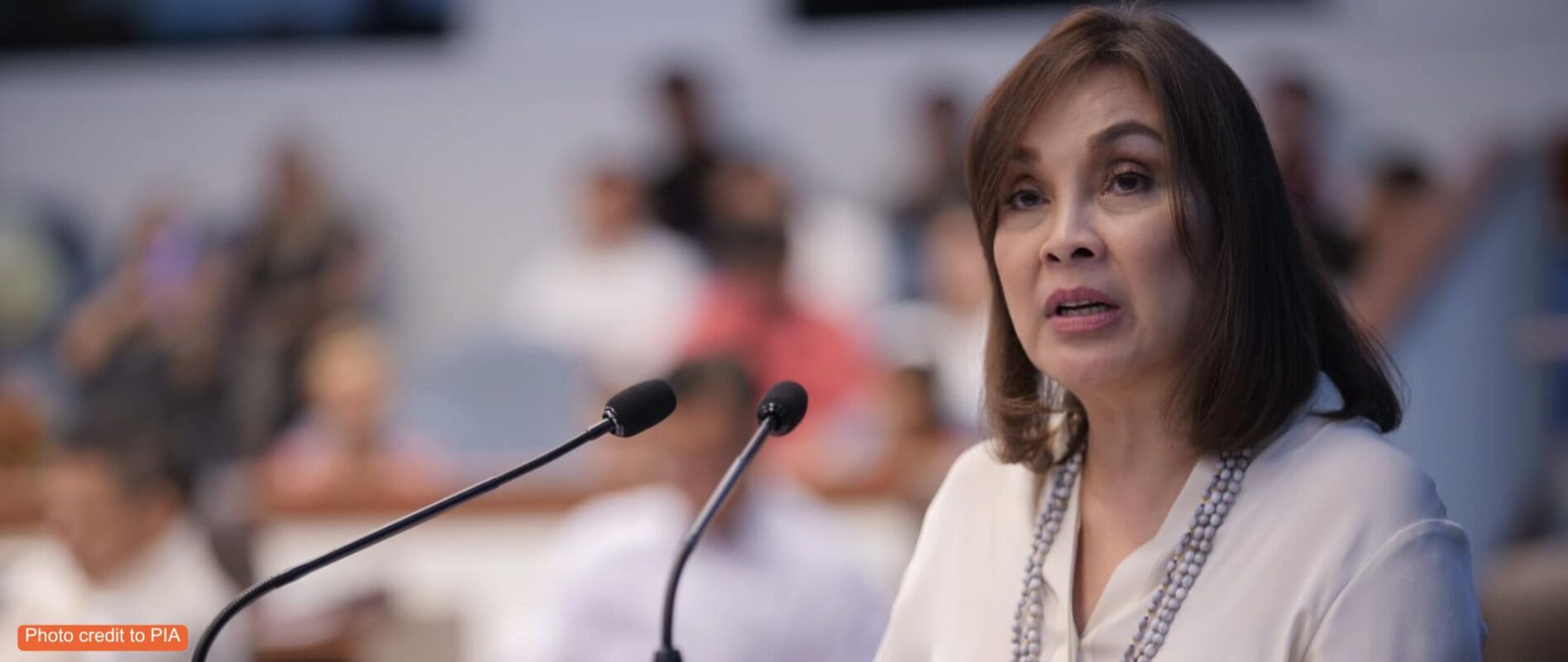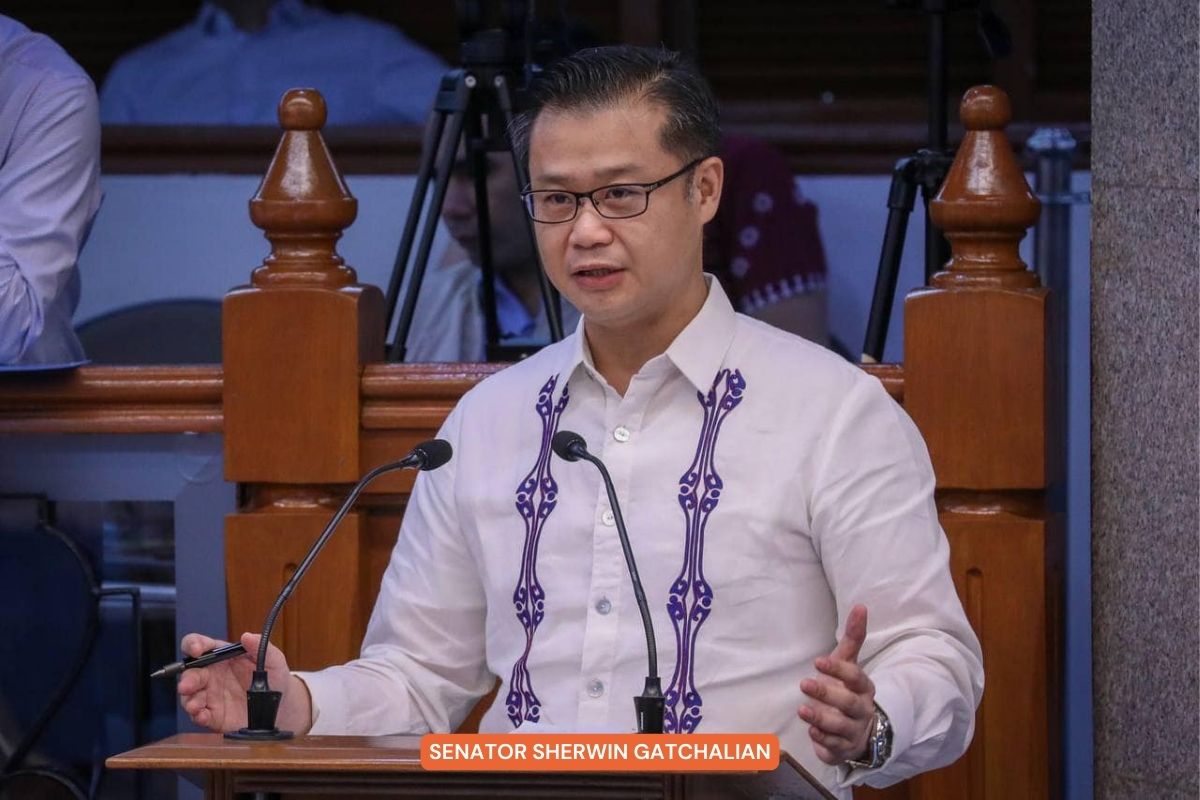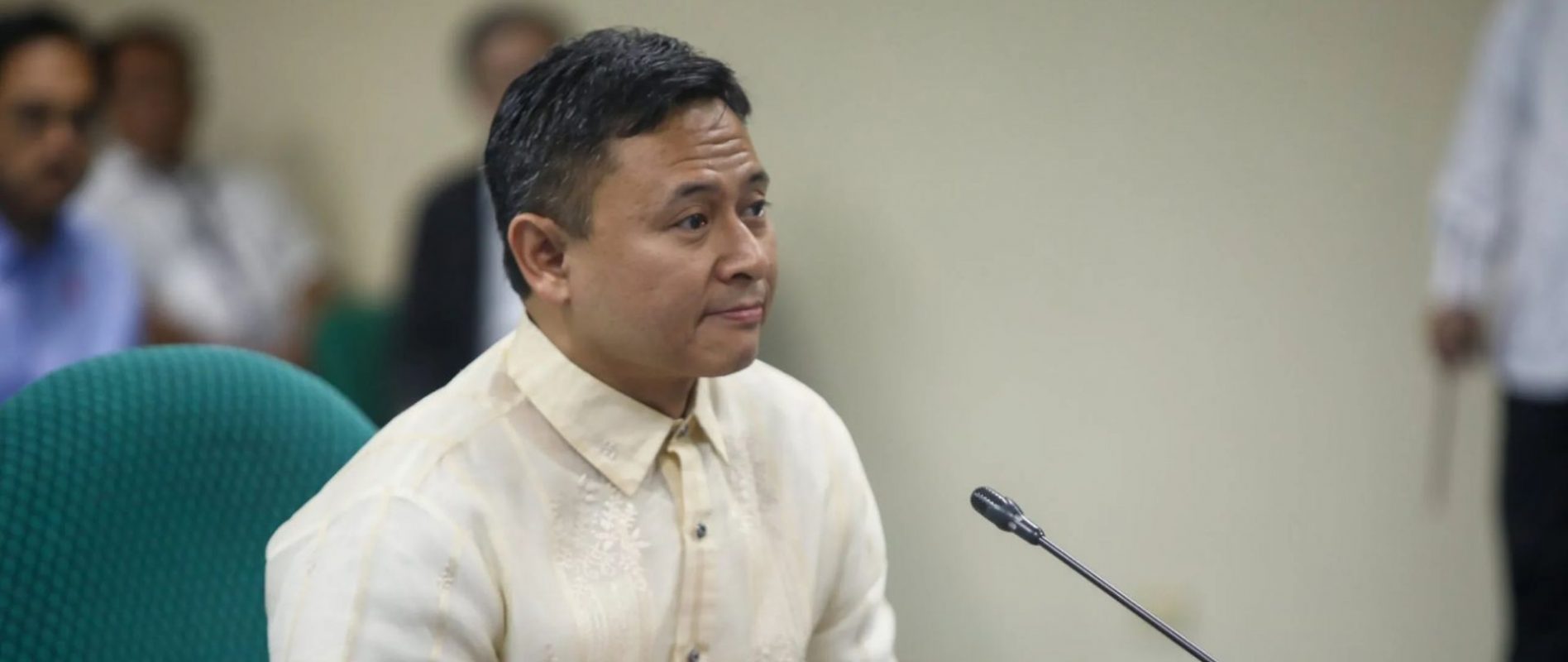JUST SO YOU KNOW, THESE ARE THE TYPES OF ‘INFLUENCERS’ YOU SHOULD NOT FOLLOW
There’s a social responsibility that comes with having an audience and opinions that matter a little bit more than others. As it continues to be pervasive, we have to be careful who to follow and question what they stand for, as it may ultimately lead to the title of an "influencer's" demise. Here are some problematic influencer archetypes you should be on the lookout for.
YouTube users are called creators, but creators that has sown a wide reach of audience are then called influencers. Both have been the subject of debate for many years as to what it really means, or if these platforms, are in fact, used for the common good or simply for self-serving purposes.
Some say the name evolved from “content creators” such as bloggers. Take this Forbes article for example as it discussed tips on how to be a successful influencer, citing “to create the best content you can”, giving some ideas on what it means to be one.
However, there’s a social responsibility that comes with having an audience and opinions that matter a little bit more than others. As it continues to be pervasive, we have to be careful who to follow and question what they stand for, as it may ultimately lead to the title’s demise. Here are some problematic influencer archetypes to look out for:
The Tone Deaf
At the height of social injustices, it is important for people to take a stand on issues that matter. But there’s a difference with taking support from using it for clout. Take this fashion influencer who was the subject of the internet’s ire when he allegedly rode the trending “BLACK LIVES MATTER” movement but remained quiet and unconcerned about important political issues of the country. Like that time a fashion event got buried in intrigue as its #BLM campaign has become insensitive than moving. A stylized fashion photoshoot featuring an African-American male model, with a scarf wrapped around his neck and mouth with a tag that says BLACK LIVES MATTER, is definitely not it.
Or remember when a socialite and “mommy” influencer at the beginning of the quarantine, drew flak for her misguided, privileged, and tone deaf comments yelling and calling out derogatory remarks to everyday Filipinos who are forced to go out of their homes to work, when she was sitting comfortably at home in her flat screen TV and yoga clothes. The “influencer,” in a recent article she wrote after months of hiatus, called her embarrassing remarks, a “booboo” she should be “forgiven” for.
The Fake News Peddler
Not all of those with influence are necessarily good sources of news or issues happening–or any factual information for that matter. Some are sources of disinformation that are dangerous to their huge audience, which often results in inaccurate spread of crucial pieces of information. Or, at the least, these are types of influencers who “normalize” the spread of incorrect information. To suggest the limit use of face masks because of how it makes it hard for people to breathe is problematic when there’s a continuous rise of COVID-19 cases.
If you see an “influencer” not take responsibility or accountability on the things that she/he says and spreads to his or her audience, as if a disclaimer saying “insensitive” viewers are not welcome to watch their videos, it’s time to think twice and click the “unsubscribe” button. To these types of influencers, if you’re not well-informed, or you don’t hold yourself responsible for the things that you spread to your followers, simply pass the microphone.
The Narcissist and the Clout Chaser
They’re the type of influencers who only do it for the gram. This opportunistic approach of caring but has marketing as ulterior motive, is just a photo opp to associate themselves with the cause but is actually very disconnected and far-fetched from reality. Three words; read the room.
These are the types of influencers who readily turn their backs against the very “advocacy” they became known for, and have the temerity to “apologize” for their misguided principles in a “sponsored post”. One thing that you should look for in an influencer? Sincerity.
Product placements while taking on a cause or persuading an idea by sharing disinformation, shouldn’t be given a platform just because their social media figures reach the engagement needed. Having a number of views doesn’t always mean good quality content. Influencing should be a byproduct of good content creation, not an end goal. So before you click subscribe, ask yourself. Does their platform speak of truth or is it conflicted and are misusing their influence?
Additional text by Leo Balante



